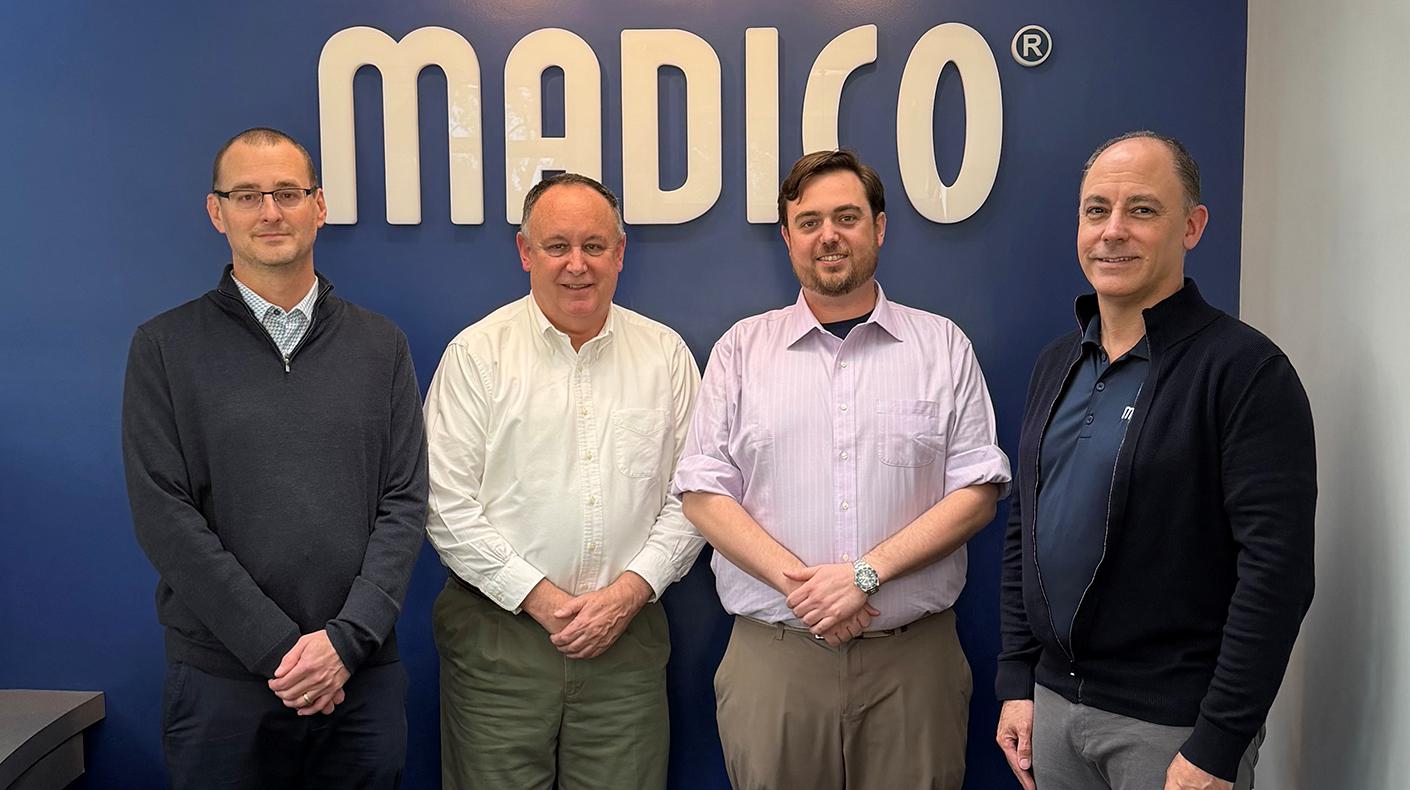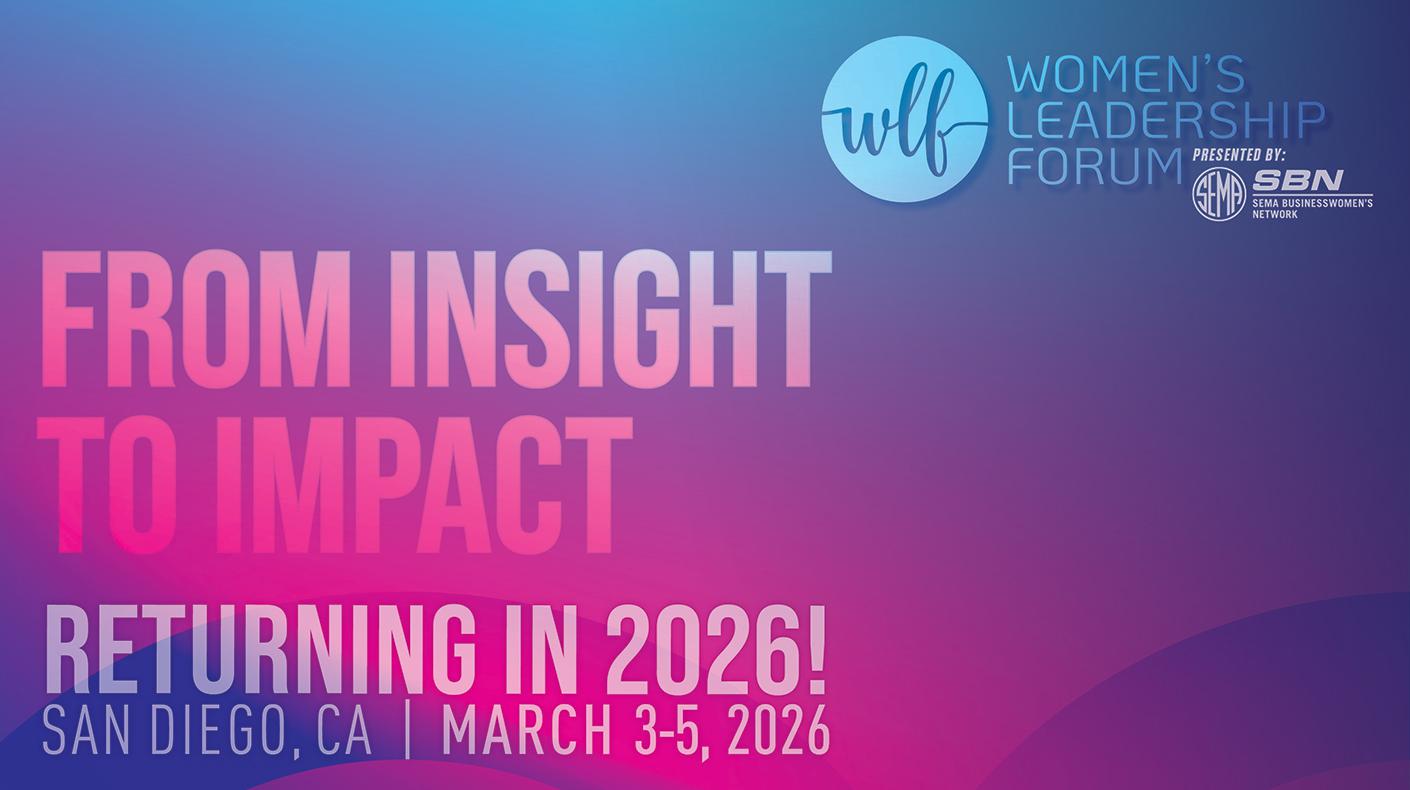Market-watchers have been particularly interested in the rash of announcements on fuel-cell (FC) vehicles that surrounded the 2007 Shanghai Auto Show and the recent funding and development news at the Hydrogen & Fuel Cells 2007 exhibition in Vancouver, according to a recent Fuel Cell Today article.
General Motors, DaimlerChrysler and Chinese manufacturers Shanghai Automotive Industrial Corporation (SAIC) and Chery have all revealed new FC vehicles in the past two weeks. These unveilings have been accompanied by optimistic soundings from the main manufacturers on how quickly FC vehicles could come to market, Fuel Cell Today notes. Nick Cappa, manager of advanced technology at DaimlerChrysler, accompanied an announcement on the upcoming Mercedes B Class FC test vehicle with a prediction that in the next five to eight years there will be as many FC vehicles as there are hybrids today. This sentiment was echoed by Todd Goldstein from GM’s fuel cell centre in California who envisaged FC cars being available to the public by 2015. At the 2007 Shanghai Auto Show in late April, GM showed off its fuel-cell-powered Chevrolet Volt concept car which combines GM’s fifth-generation FC stack with a lithium-ion battery on the E-Flex platform, the chassis that will provide the basis of GM’s next-generation global mid-range car. Two big Chinese car manufacturers used the show to announce their progress on developing FC vehicles to the world. SAIC and Chery both displayed experimental fuel-cell vehicles. At a time when they are still trying to establish themselves in international markets, Chinese automakers are already investing in FC technology in a bid to win a foothold in the next generation of technology. GM has a joint-venture technology center with SAIC in Shanghai and operates experimental fuel-cell buses in the city. China continues to represent an exciting potential market for automotive fuel cells, and the actions of the main car manufacturers there suggests they are investing in that market for the long term, according to Fuel Cell Today.
Hydrogen & Fuel Cells 2007, held this week in Vancouver, included the announcement that finally the fuel-cell program in British Columbia will get underway. Twenty fuel-cell buses are to be bought and used for a full service period of 20 years. These buses will be up and running for the 2010 Winter Olympics in Whistler, British Columbia. Ballard Power Systems, Canada’s leading FC manufacturer, announced that it has scaled back its sales outlook for two major customers, General Hydrogen and Cellex Power Products Inc., but is holding to full-year revenue expectations after a 44% rise in first-quarter revenue. Revenue climbed to $13.6 million (USD) from $9.4 million (USD).
In funding and government news, The U.S. Department of Energy (DOE) released an official Request for Information on early market activities in the hydrogen and fuel- cell development sector, perhaps a precursor to further funding for the sector, Fuel Cell Today says. An existing DOE-funded project, jointly developed by FuelCell Energy and Versa Power Systems successfully completed performance and endurance tests set by the DOE. The U.S. Fuel Cell Council has officially asked the U.S. Congress for a long-term extension to the investment tax credit for businesses and households installing fuel cells. In Europe, automotive industry representatives have pushed the case for fuel-cell technology in transport at a meeting with MEPs in Strasbourg. On the other side of the pond, the president of Fuel Cell Europe urged European politicians to show leadership on the introduction of fuel-cell technology to the automotive market, both at a regional and European level.
Several important developments have occurred in new technology in the last two weeks. U.K.-based fuel-cell materials firm Bac2 Conductive Composites has reported an enhancement in conductivity for its patented ElectroPhen polymer. Plug Power says it has achieved a “record number” of fuel-cell system installations in the first three months of 2007. The company, which makes GenCore backup power generators, said that a total of 24 systems had been installed in New York state, with the cooperation of the New York Power Authority and the state police. On the corporate front, HyRadix, a provider of on-site hydrogen generation systems, announced it has been acquired by Eden Energy Corp., a diversified clean energy company located in Perth, Australia.
Source: Butler, Jon. (May 4, 2007). Fuel Cell Today newsletter. www.fuelcelltoday.com.
Research
Specialty-Automotive Consumers Show Balanced Interest in Shopping Online vs. In-Person
September 26, 2024 | Vol. 27, No. 39
View Article





